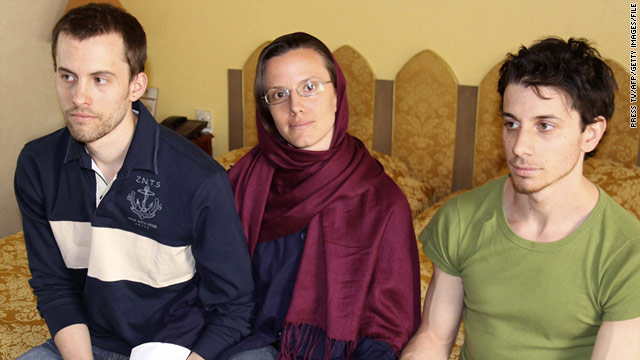By Laura Hirahara
Impunity Watch Reporter, Africa
GABORONE, Botswana- The Basarwa Bushmen who live in the Kalahari Game Reserve in central Botswana have been awarded the right to access existing water wells and drill new wells by an appeals court who called the government’s actions “degrading”. This comes almost ten years after the government sealed wells in the Bushmen’s ancestral lands and barred them from digging new wells. The Bushmen, who have been in a legal battle with Botswana’s government since 2002 when they were evicted from their land, see this ruling as a victory. The government argued during the appeal process that allowing the Bushmen to use and create water wells in the reserve is incompatible with the preservation of Kalahari wildlife despite allowing vacation lodges to be built in the area and most recently awarding a three billion dollar mining contract to Gem Diamonds. After this decision in late January, Jeff Ramsay, a coordinator for the Botswana Government Communications and Information System, said, “We are a nation that is governed by the rule of law and always have been. Of course we will respect the decision of the courts.”
Since the Botswanian government sealed the wells in the Kalahari, the population of Bushmen has declined. Those that remained in the reserve have survived by rainwater and melons or making the long journey from their homes to taps and other water sources outside of the reserve. Said Basarwa resident and advocate Amohelang Segotsane, “I am happy with the judgment but not completely happy. . .[the g]overnment was supposed to give us water without going through the legal process.”
For more information, please see;
BBC- Botswana Bushmen Win Back Rights to Kalahari Water– 27 Jan., 2011
NY Times- Bushmen Win Water Rights– 27 Jan., 2011
AP- Botswana Court Gives Kalahari Bushmen Water Rights– 27 Jan., 2011
Impunity Watch– Botswana’s Bushmen Denied Access to Water– 24 Jan., 2011



